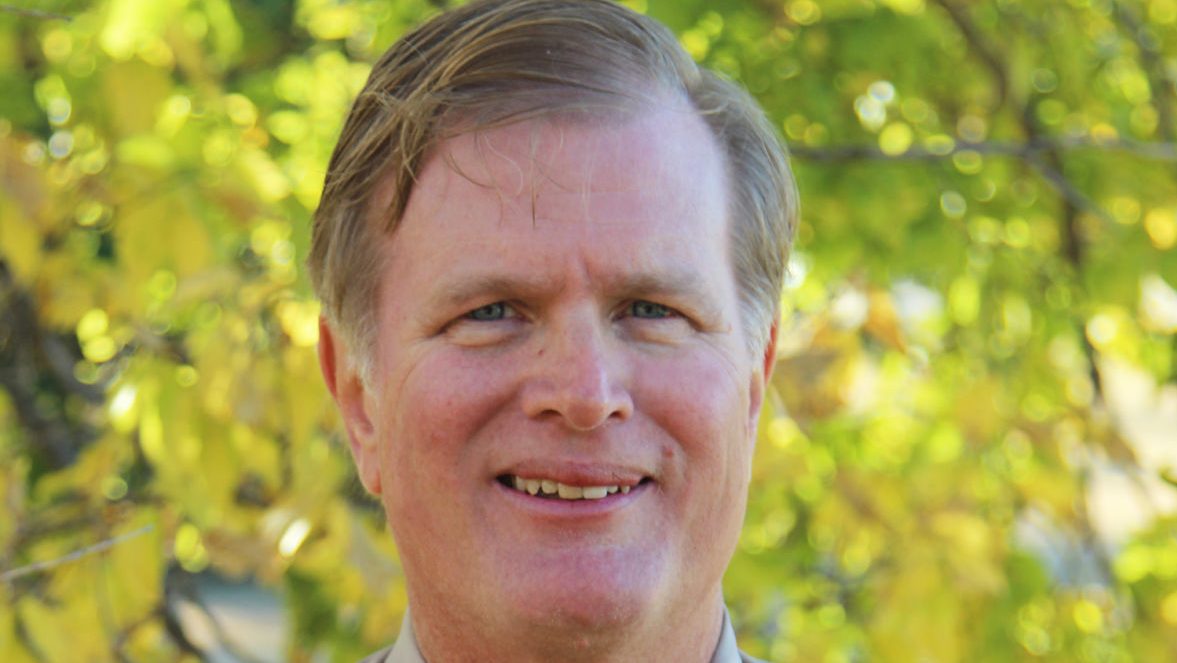In the end it begins with all of us to be responsible

Rarely does news make much impact on Independence Day weekend as politicians, government officials and even news organizations take a holiday break.
Fireworks and family gatherings reign supreme with a wheat harvest on the minds of Kansans, Coloradoans and Nebraskans. But as High Plains readers know, this year is not like most because of COVID-19. Iowa and Oklahoma have canceled their state fairs (although Oklahoma will have a limited fair in Tulsa). Wyoming has canceled its Cheyenne Frontier Days rodeo. Many county fairs in the Sunflower State will be limited to 4-H and FFA contestants only with signature demolition derbies and rodeos and other homespun events being shelved a year.
One story caught our eye and was first reported on our website, www.hpj.com, by Web Editor Shauna Rumbaugh after the Kansas State Fair Board, on an 8-to-5 vote, affirmed the show will go on in Hutchinson from Sept. 11 to 20.
Even those who are passionate about the state fair had their doubts about how the fair board would vote. They already knew how boards in other states had voted. Kansas, known for its conservatism, is also known for its brash populism, and the board opted to take a calculated risk and move ahead.
As Rumbaugh’s story noted, the state’s top medical officer, Dr. Lee Norman of the Kansas Department of Health and Environment, had concerns about the spread of the virus that has disrupted the lives of Kansans. He recommended the board cancel the fair because he had concerns fair-goers would not adhere to recommendations to wear masks and socially distance themselves.
The fair board members are also being conscientious about participants and attendees, and they approved several health and safety-related changes.
They include mandatory face coverings in buildings and other specified areas, one-way directional lanes in buildings, requirements for the handling of food and condiments, Midway guidelines, show ring safety measures for livestock competitors, purchasing tickets during the fair will be limited to certain gates to reduce contact and fairgoers are encouraged to buy tickets online and at Dillons at a discount.
The hot spots for the pandemic in Kansas are similar to other states—communities that have meatpacking operations and, in the early parts of the pandemic, elderly care homes. Prisons also felt the strain. Many communities in rural areas were largely untouched. As of July 3, in nine counties in Kansas, where 4-H and FFA programs are strong, there have been no COVID-19 cases reported to KDHE and about 65 counties have had fewer than 25 cases reported.
What this likely tells us is that rural areas have not escaped the pandemic but perhaps that the very nature of rural people means fewer contacts with those who have unfortunately contracted COVID-19. They have done a good job of taking care of their hygiene with common sense that includes frequently washing their hands, frequently using disinfectants and maintaining a 6-foot lane of distance. The wearing of masks (that federal, state and local health experts have acknowledged was a mixed message in the early part of the pandemic) has garnered growing support as another piece in the battle to helping slow the spread.
Where do we in the High Plains go from here? People will definitely be watching and monitoring the health of attendees. It will be up to all of us to continue to do our part to take care of ourselves and make sure those who are most vulnerable will be able participate in not only this year’s fair but future fairs.
Dave Bergmeier can be reached at 620-227-1822 or [email protected].
